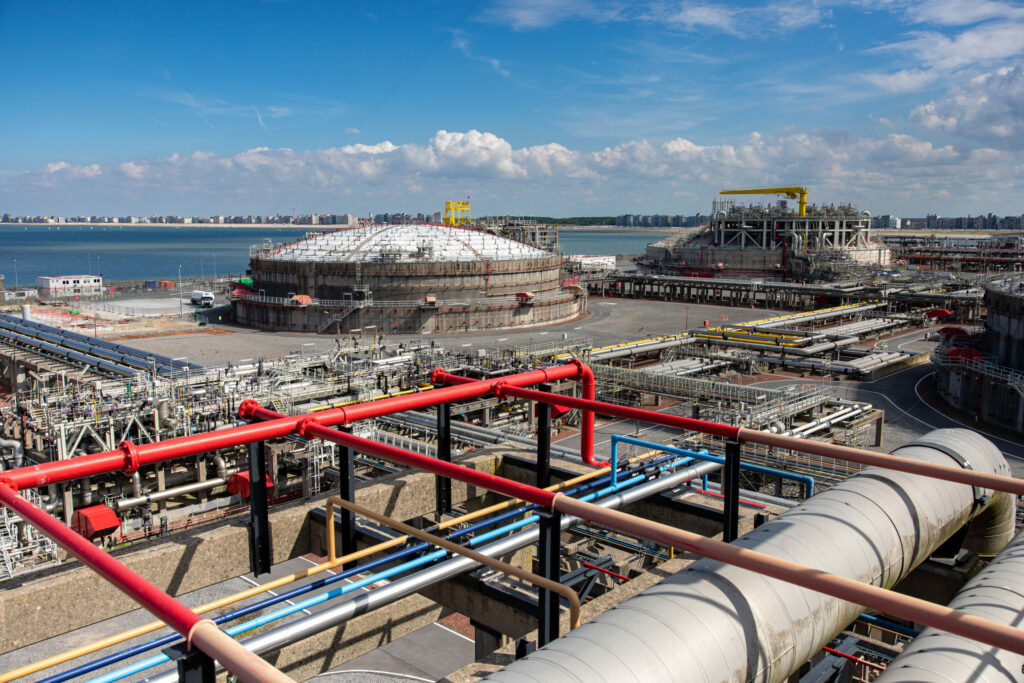The current European natural gas stocks are at record-high levels for the end of the heating season, when stocks are usually most depleted. This will result in lower prices.
Natural gas consumption is traditionally much higher during the colder months as it is the most common fossil fuel used by Belgian households to heat their homes. Energy companies therefore tend to stockpile a large amount of natural gas in the warmer months to get through the winter months. At the end of this heating season, stocks are also usually at their lowest level.
However, European natural gas storage closed the 2023/24 heating season with a 59% fill rate – a record level for this time of year and 45% above the five-year average. Between 2015 and 2021 – before Russia's invasion of Ukraine – reserves were only 33% full on average.
The high levels can be explained by subdued demand due to a warmer winter together with strong LNG (liquified natural gas) availability and better piped gas deliveries. European companies also consumed less natural gas as prices were still higher than before the energy crisis.
De Tijd reported that Belgium's gas reserves are also very full for the time of year, with a 53.6% fill rate. This is lower than the European rate because the country only has one small underground storage site, namely Fluxys Belgium in the Kempen.
Effect on prices
The end of March usually marks the period when energy companies start preparing for hoarding for next winter. However, with stocks still at high levels, the injection demand will be much lower. This year, analysts predict the European Union will need to inject just 32 billion cubic metres (40% below the five-year average) to reach its 90% fill target by 1 November this year.
This should also further ease pressure on gas prices in the coming months; indeed, lower replenishment pressure has been leading to natural gas prices decreasing for some time. The price for gas supply was €31.90 per megawatt-hour – 44% lower than a year ago – and the price is expected to hover around this level for a while.
However, fewer LNG ships coming to European ports, major unplanned outages or additional geopolitical tensions could result in price rises.

